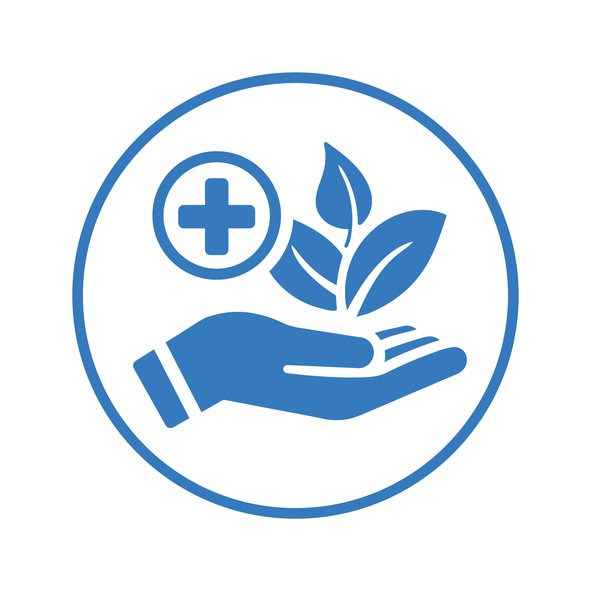
Perfect for use in designing and developing websites, printed files and presentations, stock images, Promotional Materials, Illustrations or Info graphic or any type of design projects.03/
Associated costs for health plan members with cancer are higher than any other disease area and are only continuing to rise. The financial component isn’t the only pain point; amid ongoing workforce shortages, over 32 million Americans live in counties without an oncologist, underscoring a severe access problem. Cancer patients may struggle to find or have no access to support for physical symptom management, mental health concerns, nutrition, and other challenges brought on by the cancer experience.
Access to oncology-specific interdisciplinary care delivered digitally by a team of nurses, mental health therapists, nutritionists, advanced practice providers, and oncologists is the best option for combatting pain points related to both cost and access. This virtual care option allows patients, who otherwise may not have access to holistic oncology care, to receive the best possible care at all times – even in urgent, decisive moments – with these resources available at their fingertips.
Why oncology has lagged behind in digital adoption
Although the benefits of adopting digital health solutions are numerous, the field of oncology is behind when it comes to implementing these care options compared to other areas of healthcare. One reason for this is that cancer care may be both complex and high-risk. Many cancer diagnoses require treatments using multiple types of therapy. Cancer treatments may have serious and life-altering side effects, which have significant implications for patients regarding their overall health and quality of life.
How oncology-specific interdisciplinary supportive care improves patient outcomes
Despite barriers to adoption, digital offerings that provide oncology-specific interdisciplinary care have numerous benefits. Through technology, patients can have access to resources and support that may not have otherwise been available to them for more holistic care. These include:
- Mental health support: Regardless of the type or severity of the diagnosis, most patients undergoing treatment for cancer can benefit from mental health support, even after their treatment is complete. Providing patients with mental health support can improve their quality of life and support them as they encounter various emotions that accompany a cancer diagnosis. By proactively offering patients this resource through digital care options, patients who may not seek or have access to mental health resources can partake from within the comfort of their own homes.
- Nutrition: Cancer nutrition is a specialized field, as individuals who are being treated for cancer have a variety of unique concerns that differ from traditional nutritional needs. A licensed dietitian who is specialized in cancer care can help patients make sure they are optimizing their nutrition throughout treatment for improved outcomes and quality of life.
- Symptom tracking: Patients in active cancer treatment experience an extremely wide variety and severity of symptoms, and it may feel overwhelming to try to manage all of them. By tracking symptoms, patients can work with oncologists, nurses, and specialists to determine what may be causing certain symptoms or why they are getting better or worse – and this can make the experience feel more manageable. Virtual platforms are also helping patients feel more comfortable seeking the support they need to identify and combat any symptoms they are experiencing during treatment. Through these platforms, patients have access to nursing support to assist with diagnosis, symptom management, or any cancer concern that may occur. Early intervention and support may lead to a decrease in stress, a reduction of adverse outcomes, and increased support for patients.
How providing more holistic care can reduce healthcare costs
In addition to the clinical benefits, providing resources such as access to mental health treatment, nutrition, and other oncology-specific resources through digital platforms can work to reduce costs by more effectively managing symptoms. A study revealed depression after a breast cancer diagnosis was associated with a 50% higher risk of death. Poor medical and mental health side effect management can lead to treatment non-adherence or complications, which can cascade into a variety of events, including:
- Increased ED visits
- Increased hospitalization
- Increased imaging
- More rapid disease progression
- Increased pharmacy spend and increased total cost of care
Not only does digitally enabled oncology-specific interdisciplinary support help improve patient outcomes, but it also works to provide more efficient and cost-effective care. Looking ahead, digital health technology, such as telehealth apps, will be crucial to expand access to high-quality and holistic care in a more efficient manner so that all patients are able to receive the care they need.
Photo: Hiranmay Baidya, Getty Images








